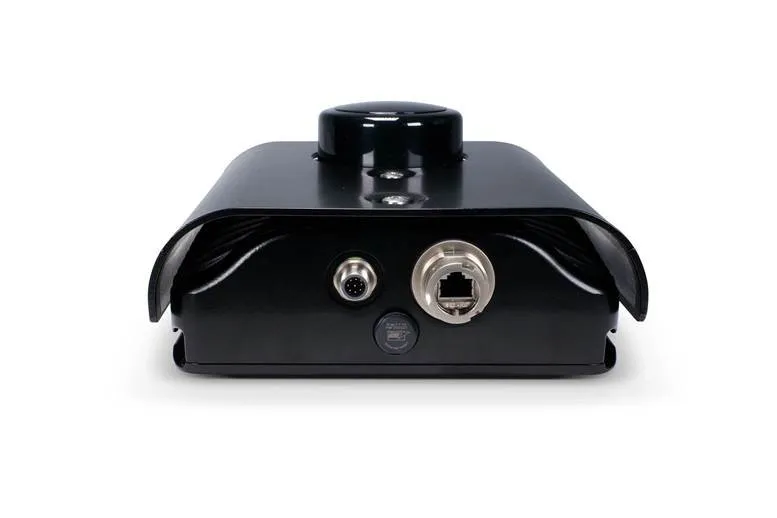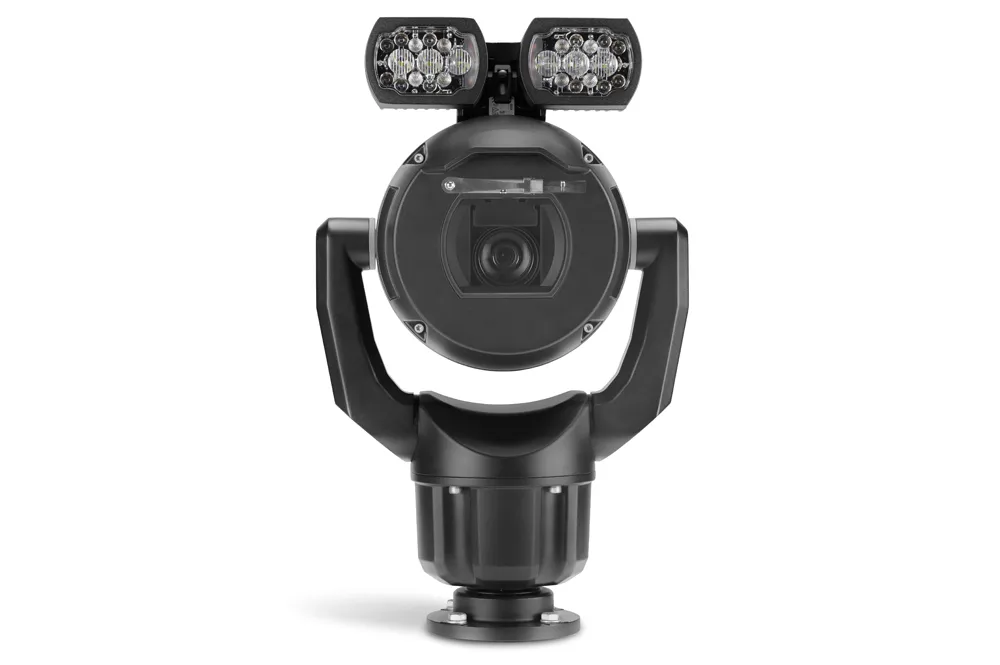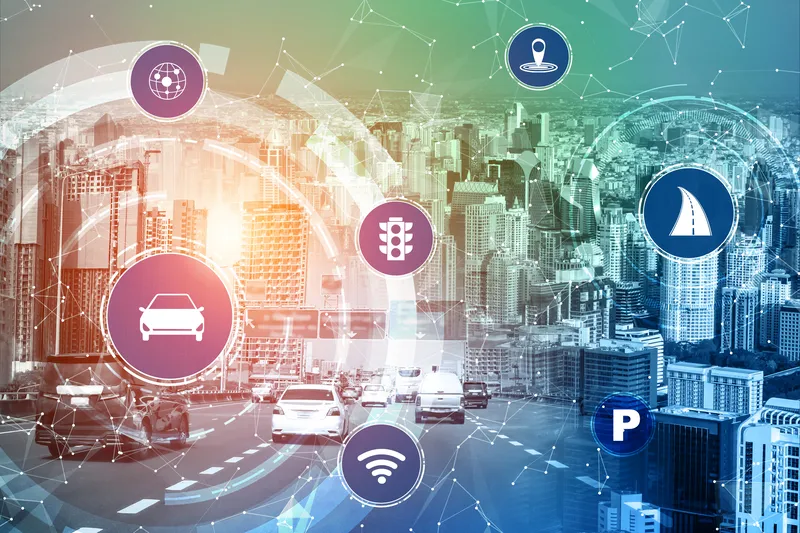
Genetec says its new next generation AutoVu SharpV ALPR - automatic license plate recognition - camera can be deployed anywhere easily.
The SharpV ALPR camera features higher-resolution sensors, motorised lenses with auto-focus and machine learning-optimised processor to deliver high performance in the most demanding conditions.
The system is designed for fixed ALPR installations and can be up and running in minutes, thanks to multiple features like embedded 4G/LTE/ GPS and motorised lenses with zoom and auto-focus.
Genetec says the AutoVu SharpV ALPR camera is ideally suited for a range of applications, such as monitoring entries and exits, capturing license plates at high-speed on city streets and highways, managing off-street parking lots and facilities, as well as covering major city access points for wanted vehicles.
It has built-in illuminators, global shutter and high-resolution sensors that together provide crisp, accurate and greater than full high-definition images at all times day or night, in slow local traffic or on fast highways. The ultra-wide sensors can capture license plates across two lanes of traffic with no loss in accuracy meant that fewer devices are needed to cover more locations and so reduce total cost of ownership.
It features AutoVu MLC, a powerful onboard machine-learning based ALPR engine, that helps provide a full suite of advanced vehicle analytics that include vehicle classification, colour recognition, travel speed estimation and direction tracking. The onboard machine learning vision processing units – VPUs - also pave the way for new vehicle characteristics and behaviour analytics that will be introduced in the future.
"The new SharpV is easier to deploy, can cover a wider field of view, and provides more data about vehicle identification and behaviour," said Stephane Varin, product manager of AutoVu, Genetec.
The new version of AutoVu SharpV also greatly simplifies installation and maintenance. The motorised lenses enable zoom and auto-focus to be adjusted remotely at the time of installation and during routine maintenance. Embedded cellular networking equipment provides the ability to connect using 4G/LTE where it is available.
Genetec, based in Montreal, Canada, produces security, intelligence and operations systems. These includes its premier product called Security Center, an open-architecture platform that unifies IP-based video surveillance, access control, automatic license plate recognition, communications and analytics.








